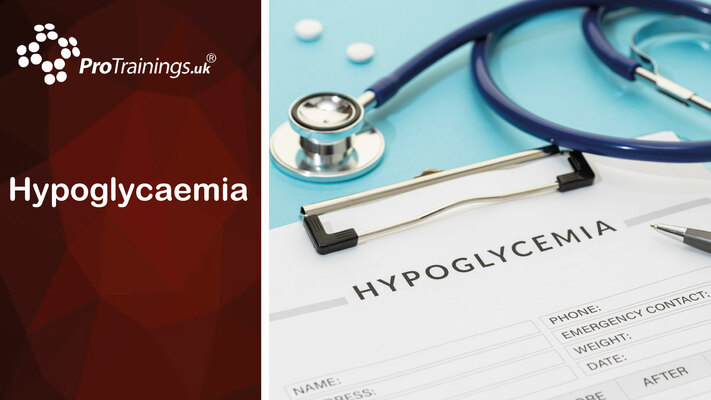Unlock This Video Now for FREE
This video is normally available to paying customers.
You may unlock this video for FREE. Enter your email address for instant access AND to receive ongoing updates and special discounts related to this topic.
Understanding Gestational Diabetes: Management and Care
What is Gestational Diabetes?
Gestational diabetes is a type of diabetes first identified during pregnancy. It occurs in roughly 4% of pregnancies and typically resolves after the baby is born.
Management During Pregnancy
Most cases of gestational diabetes are managed through diet and exercise. Only a few individuals require insulin to control their blood glucose levels. If insulin is necessary, it helps maintain healthy blood glucose levels throughout the pregnancy.
Insulin Levels
Insulin levels generally increase from the second trimester until the final month of pregnancy, when a slight decrease may be observed.
Delivery Considerations
Caesarean sections are more common in pregnancies affected by gestational diabetes to minimise the risk of complications. The timing of delivery is tailored to the mother's individual needs. In most cases, if the diabetes is well-managed, the pregnancy can continue to the full forty weeks.
Post-Delivery Care
After delivery, gestational diabetes typically resolves. However, it is important for all women to be reviewed by the gestational diabetes care team approximately six weeks postpartum to ensure their health and well-being.









